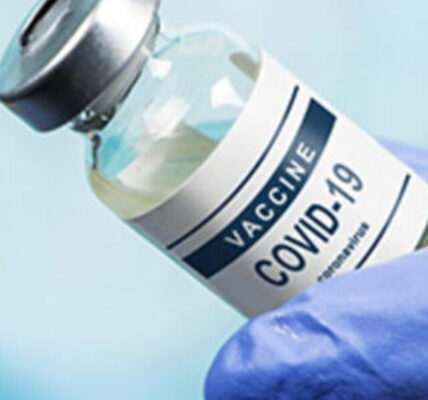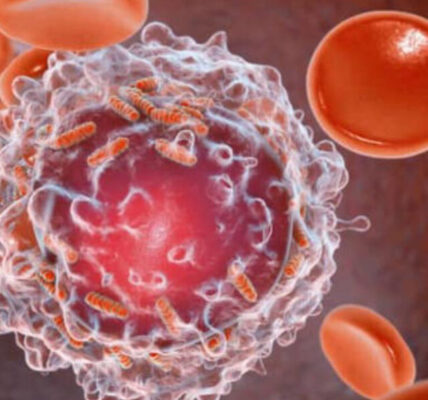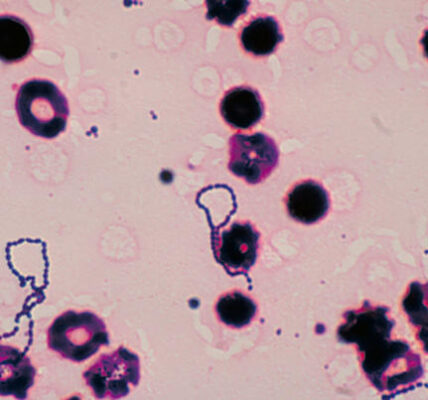Title: “Alzheimer’s Risk from Past Treatments: Insights & Hope”
Title: Understanding How Alzheimer’s Disease Can Develop from Past Treatments
Alzheimer’s disease is a serious condition that affects many people around the world. Recently, some doctors made an important discovery about how a small group of individuals developed Alzheimer’s after receiving a particular treatment when they were children.
 Let’s break down what happened:
Let’s break down what happened:
Between the years 1959 and 1985, a treatment called cadaver-derived human growth hormone (c-hGH) was given to about 1,848 children in the UK. This treatment was used to help kids grow taller. Unfortunately, the growth hormone came from the brains of deceased people, and it turned out that some of it was contaminated with harmful proteins that could cause a brain disease called Creutzfeldt-Jakob Disease (CJD).
CJD is a serious illness that affects the brain, and it’s caused by these harmful proteins called prions. When the doctors realized that the c-hGH treatment could be dangerous, they stopped using it. However, many years later, they found out that some of the people who received this treatment developed Alzheimer’s disease.
So, why did these people who received the growth hormone end up with Alzheimer’s? Well, it turns out that the hormone they got contained another harmful protein called amyloid-beta.
When the doctors looked at the cases of these individuals who got Alzheimer’s, they noticed something unusual. Normally, Alzheimer’s affects older people, but these folks were much younger when they started showing symptoms. Their symptoms started when they were between 38 and 55 years old, which is pretty young for Alzheimer’s.
The researchers believe that these individuals got the amyloid-beta protein when they were injected with the contaminated growth hormone as kids. It’s like they got a dose of something bad without even knowing it.
Now, here’s the important part: Alzheimer’s disease itself isn’t something you can catch from other people. It’s not like a cold or the flu that you can pass to someone else. So, there’s no need to worry about getting Alzheimer’s from being around someone who has it or from routine medical care.
The doctors want to make it clear that there’s no risk of spreading Alzheimer’s disease in everyday life or during medical procedures. They also want to reassure people that other medical treatments, like blood transfusions or surgeries, are safe and important for saving lives.
This discovery about Alzheimer’s is a big deal because it helps us understand more about how the disease can develop. It also gives scientists clues about what might cause Alzheimer’s in other cases.
By studying these cases, doctors hope to learn more about Alzheimer’s disease and how to prevent it. They want to find better treatments and, hopefully, one day, a cure for this challenging condition.
So, what can we take away from this? It’s essential to keep learning and researching diseases like Alzheimer’s so we can better understand them and find ways to fight them. While it’s unsettling to hear about cases like these, it’s also a reminder of the progress we’re making in medical science.
If you or someone you know is affected by Alzheimer’s disease, it’s important to seek support and information. There are organizations and resources available to help you navigate this difficult journey.
In conclusion, while this discovery about Alzheimer’s disease is concerning, it also opens doors for more research and understanding. Together, we can continue to work towards a world where Alzheimer’s disease is better understood and, ultimately, conquered.




